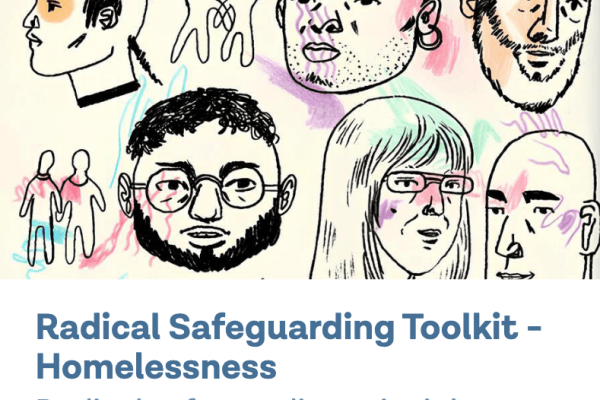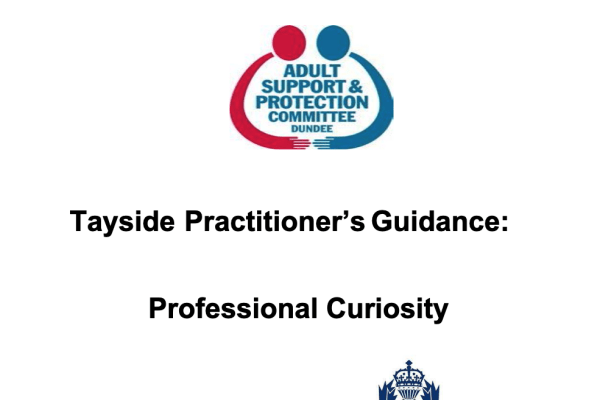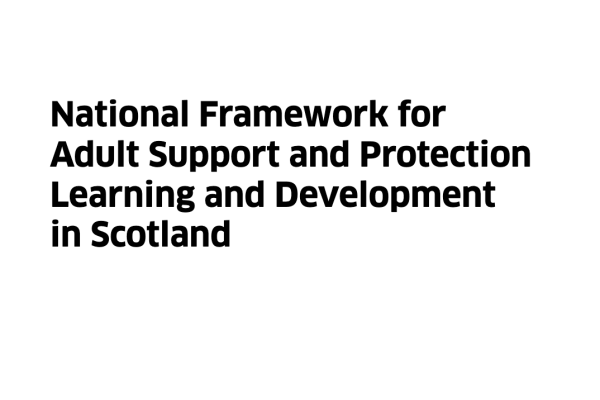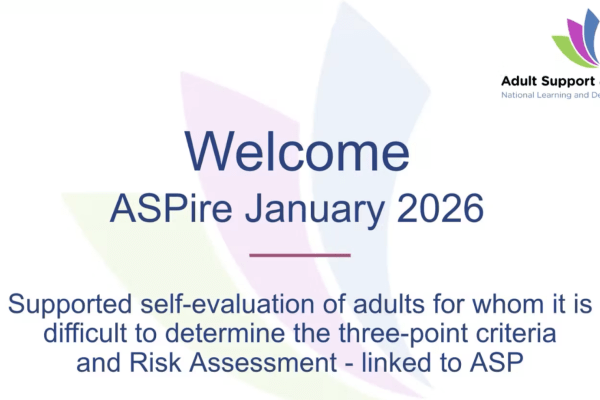Professional curiosity: Practitioner's guide and toolkit
This practitioner's guide has been produced by Perth and Kinross Child Protection Committee in partnership with practitioners from NHS Tayside and Children and Families' Social Work. It aims to provide all practitioners working directly or indirectly with children, young people and their families in Perth and Kinross, with clear practice guidance on how to be professionally curious and use this approach in the course of their work.









